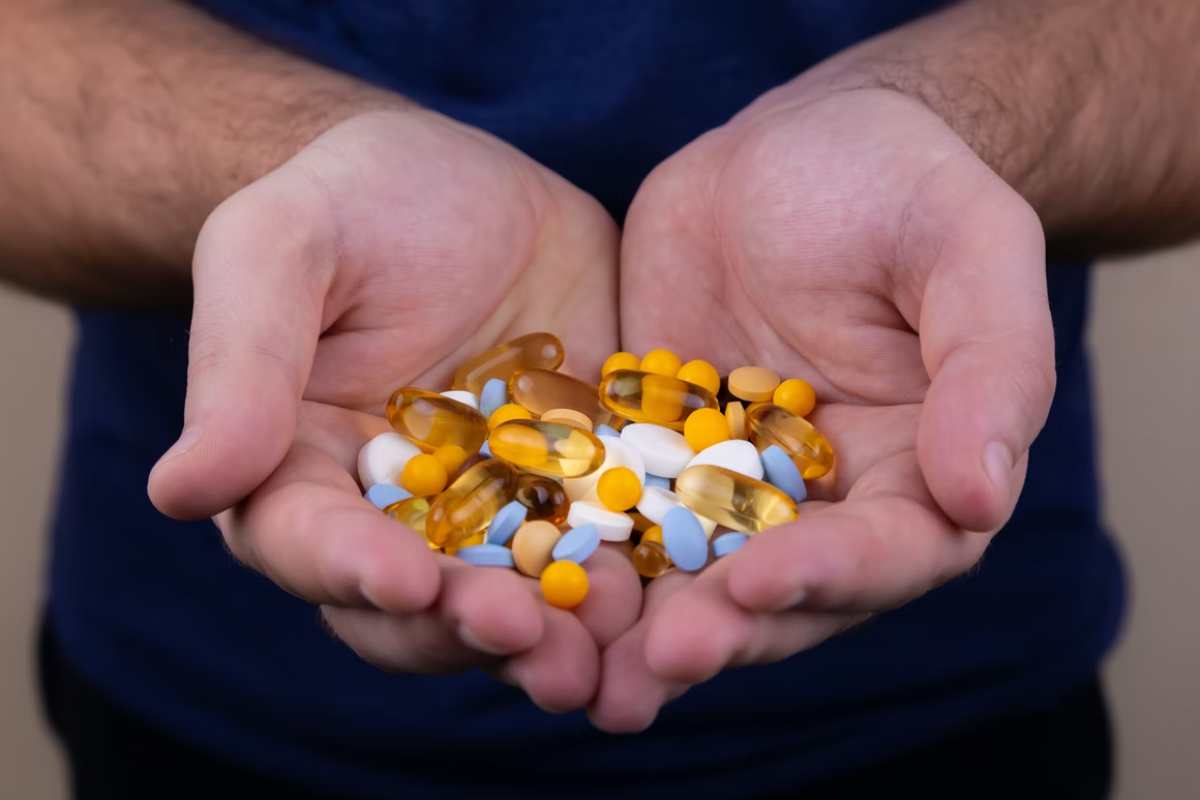When someone you care about has a drug addiction, it can be an extremely frightening and stressful situation. You might feel unsure of how to help them or what the best course of action is.
The last thing you want to do is make things harder for them. But that may be exactly what happens if you force them into rehab or confront them about their problem directly.
Luckily, there are many different approaches to drug addiction treatment that can be useful in different situations and for people with different needs.
Let’s take a look at four different types of drug addiction treatment and see which one might be right for your loved one.
Table of Contents
1. Outpatient Behavioral Treatment
Outpatient treatment is a good option when the person has a mild to moderate drug problem and they have support at home. It doesn’t require someone to check into a rehabilitation facility, and it doesn’t take as long as inpatient treatment. That makes it a good option if someone has a drug problem but is employed or goes to school and can’t take time off to be in rehab.
Outpatient treatment can be helpful in the early stages of drug addiction when someone isn’t yet ready to quit drugs completely or it can be used as a follow-up to inpatient treatment.
2. Inpatient Behavioral Treatment
This is one of the most intense drug addiction treatment approaches and is recommended for people who have a severe drug problem. Inpatient behavioral treatment is exactly like it sounds: It involves staying in a treatment center for a certain amount of time. The treatment program can last from a few weeks to several months, depending on the type of addiction and the facility.
3. Dual Diagnosis Treatment
Some people who receive drug addiction treatment also have a co-occurring mental health disorder, such as anxiety or depression. This is called a dual diagnosis and the treatment is designed to help the patient understand how their mental health triggers their abuse in order to address the root cause of their addiction.
Depending on the person, the drugs involved, and the state of their mental health, the medical staff may use medical intervention to treat one disorder or both
4, Detoxification Programs
Detoxing is often an important part of drug addiction treatment. This is because withdrawing from drugs like opioids or methamphetamine while still in a stressful environment can be very challenging. It can also be dangerous.
However, detoxing in a safe and controlled environment can greatly improve the chances of success. It can also help people to manage any difficult symptoms they might experience as their body recovers from drug use.
Most detoxification programs use medication to help manage the symptoms of withdrawal. This can help to speed up the process and make it easier for people to cope with the symptoms.
The Final Word
Drug addiction treatment can be helpful for people with many different types of drug problems. Finding the best approach for your loved ones depends on their needs and their drug problem.
However, it’s important to remember that different people respond to different approaches. And that there is no one-size-fits-all approach to drug addiction treatment.








